Restoring Landscapes, Restoring Hope:
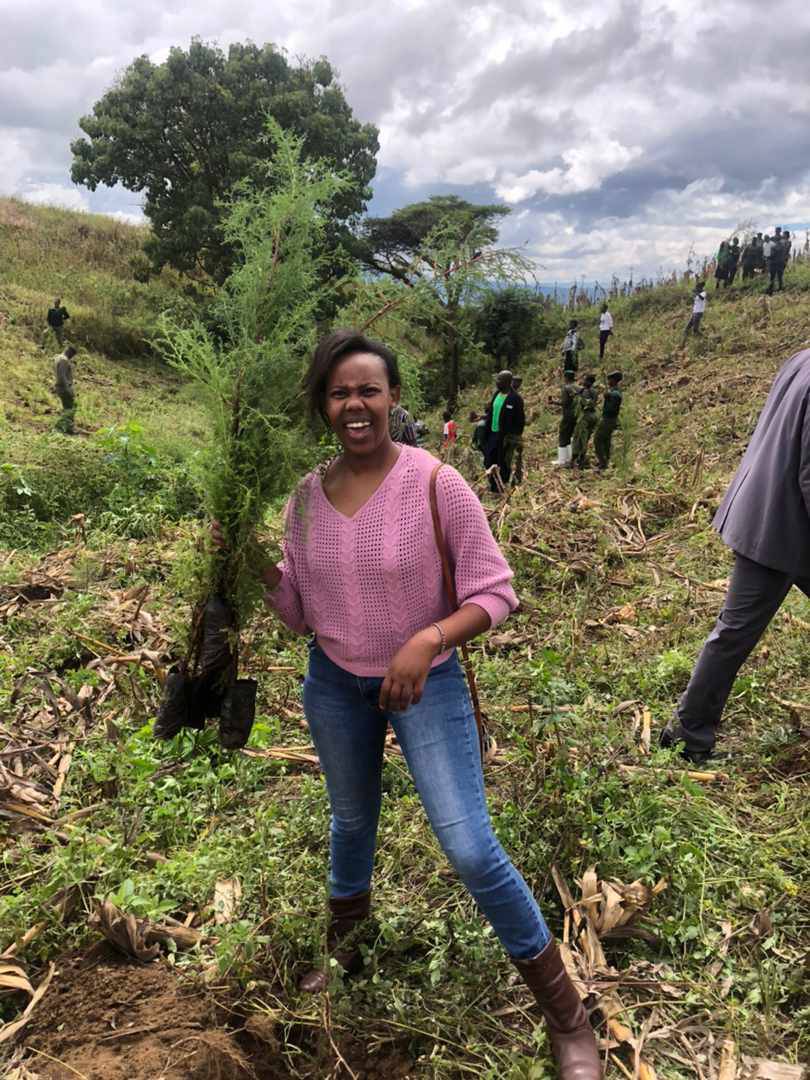
In Nakuru County, Kenya, where the scars of deforestation and land degradation run deep, a transformative movement is taking root, one that recognizes the inextricable link between environmental health and human dignity. At its heart is INTERCHRIS FOUNDATION CLG, a youth-led organization proving that ecological restoration and social equity are not just parallel goals, but interdependent necessities. Founded on principles of sustainability and inclusion, the Foundation has emerged as a catalyst for change in a region where environmental decline disproportionately impacts vulnerable communities.
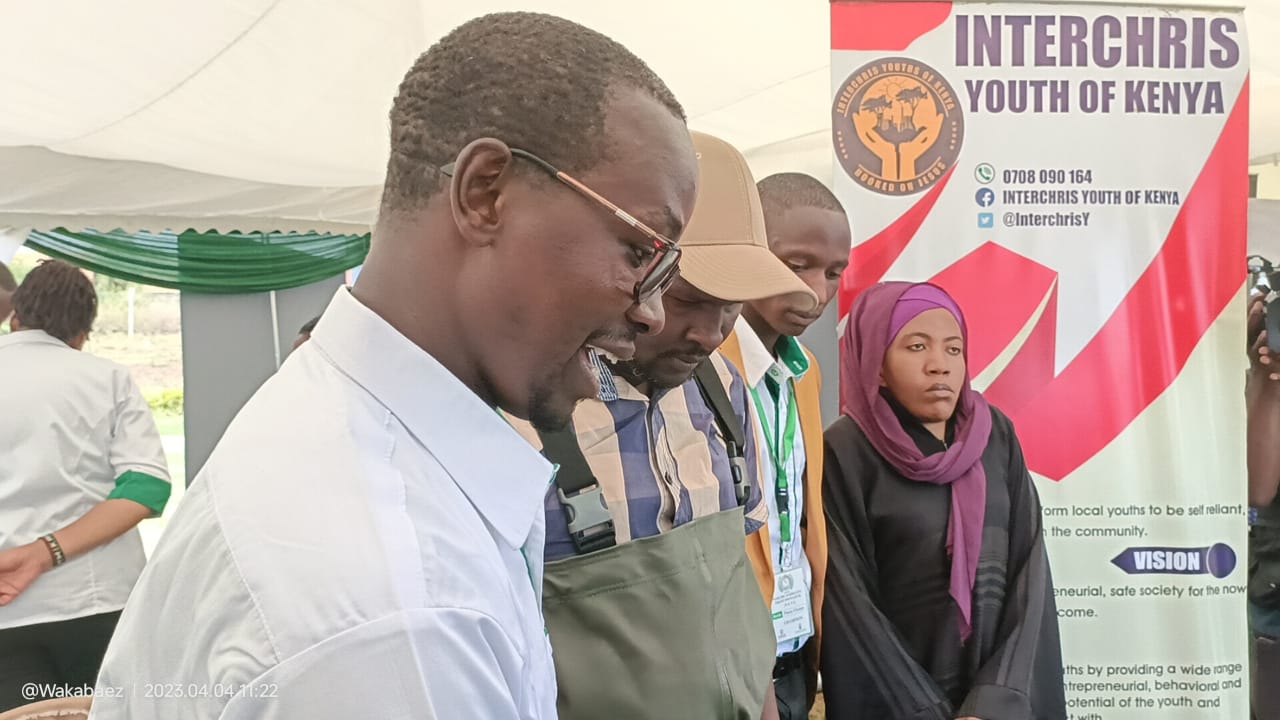
Their work begins with the land itself, Nakuru’s degraded hillsides, eroded farmlands, and encroached-upon riparian zones but it doesn’t end there. By weaving together reforestation, sustainable agriculture, and community empowerment, INTERCHRIS FOUNDATION is crafting a blueprint for restoration that leaves no one behind. The Foundation’s initiatives are as much about planting trees as they are about planting opportunity. Take their reforestation programs: while thousands of seedlings now dot Nakuru’s landscape, the true impact lies in how these projects are implemented. Local youth lead planting efforts in schools and public spaces, fostering ownership and environmental literacy. Women’s groups manage tree nurseries, turning conservation work into economic activity. And when INTERCHRIS restores a riparian zone like the Shawa River, they don’t just stabilize its banks, they engage adjacent communities in water governance, ensuring those most affected by degradation have a say in its recovery.
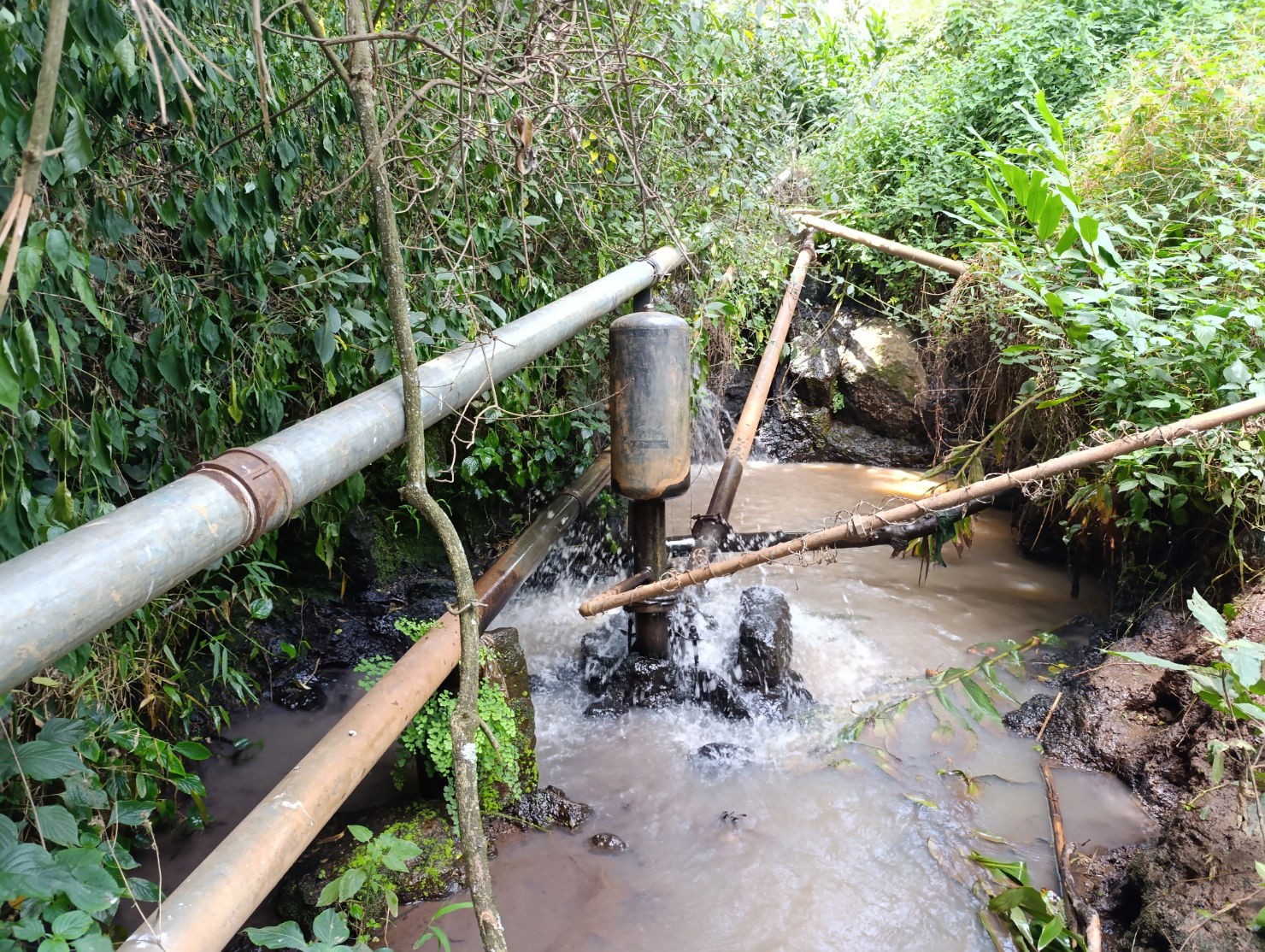
Illegal extraction of water in Shawa River
This ethos extends to farmland revitalization. In a county where soil erosion threatens food security, the Foundation’s terracing and agroforestry trainings don’t merely rebuild soil, they recalibrate power dynamics. Smallholder farmers, often marginalized in agricultural decision-making, are equipped with climate-smart techniques that boost yields while conserving ecosystems. Youth learn beekeeping and organic farming, transforming from bystanders to stewards of the land. The numbers tell part of the story, 10,000 trees planted, hundreds of farmers trained, kilometers of riverbanks protected but the deeper narrative is one of systemic change. INTERCHRIS FOUNDATION’s approach recognizes that biodiversity loss and poverty share the same root causes.
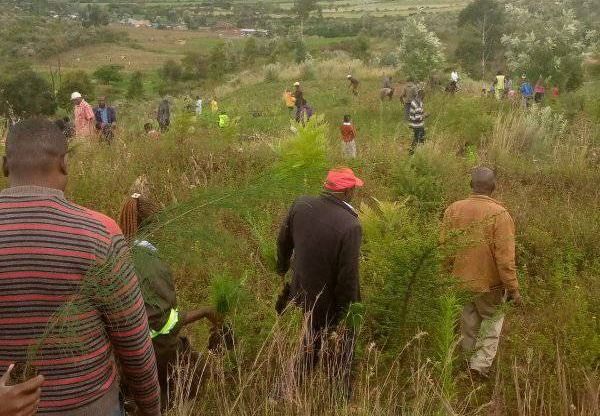
"Tree planting and growing at Kirobon hills, INTERCHRIS Donates 3000 seedlings"
When they rehabilitate wetlands, they’re also creating buffers against droughts that disproportionately impact women, who bear the brunt of water scarcity. When they advocate for policy changes, like their contributions to National’s Climate Change Action Plan, they’re ensuring youth have seats at tables where their futures are decided. Perhaps most crucially, the Foundation rejects the false choice between economic survival and environmental protection. Their sustainable agriculture programs demonstrate that yields can increase even as chemical inputs decrease. Their beekeeping initiatives show how conservation can generate income. By making these connections visible, INTERCHRIS FOUNDATION is dismantling the perception that marginalized communities must sacrifice their environment to meet immediate needs.
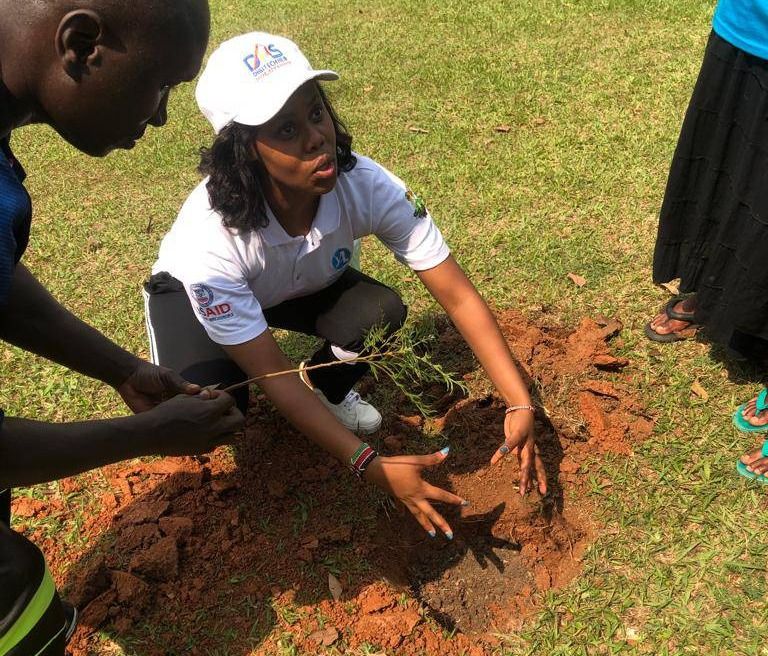
"Esther an INTERCHRIS member demonstrating tree planting with Students at Exodus College Kampala" #Going beyond regional borders
As climate shocks intensify across Kenya, INTERCHRIS FOUNDATION’s work offers more than local led solutions, it presents a replicable model. Their success lies in a simple but radical premise: that those most affected by ecological breakdown must lead the response. Whether through youth-led tree-planting campaigns or women’s self help groups managing nurseries, the Foundation proves that when restoration is participatory, its benefits multiply. The road ahead remains steep, but the Foundation’s growing partnerships with county governments, research institutions, and international organizations signal widening recognition of their approach. As one young volunteer aptly put it during a recent planting event: “We’re not just fixing the land; we’re fixing our relationship with it.” In Nakuru, that repaired relationship is already bearing fruit both in the literal sense, and in the renewed hope of communities charting their own path toward resilience. Learn more about INTERCHRIS FOUNDATION’s work at interchrisfoundation.org.